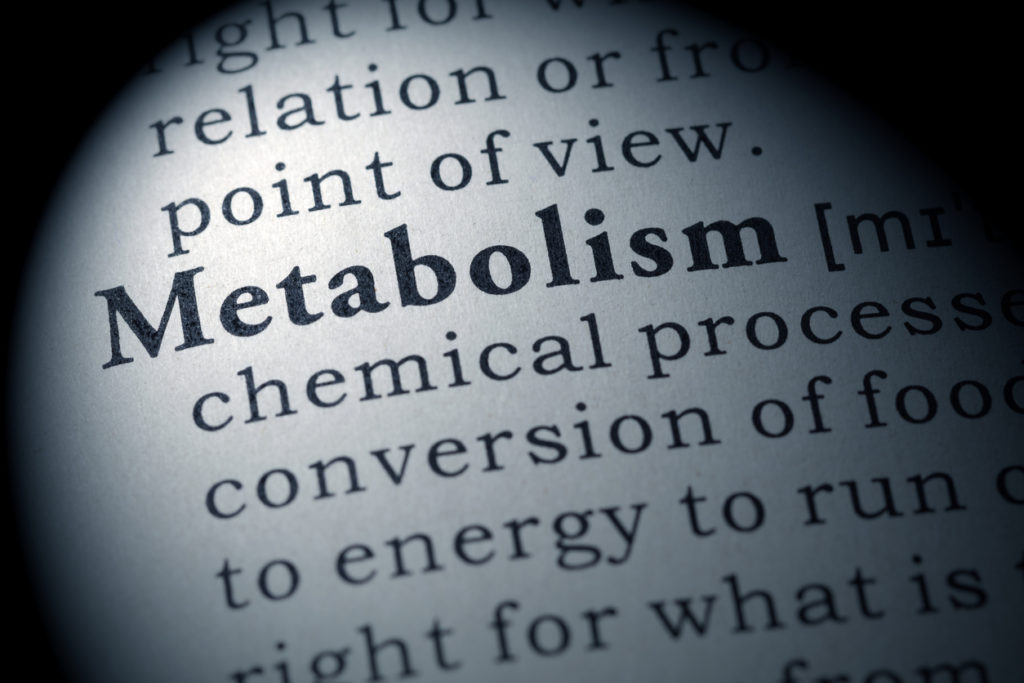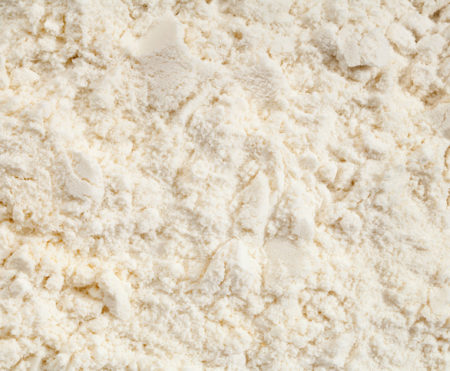Metabolism is a crucial factor when it comes to fitness training and weight-loss. Most people know that, but not everyone knows exactly what it is or how it works. Because of this, there are more than a few myths and misunderstandings surrounding Metabolism, and these can be potentially damaging to your training.
Simply put, Metabolism is the entire chemical process which is going on continuously inside your body in order to keep everything functioning properly. All metabolism processes are controlled by hormones and the nervous system and influenced by your age, gender, diet, muscle-to-fat ratio, physical activity and overall lifestyle.
The price that is paid for this, however, comes in the form of calories. The amount of calories used to maintain each and every process every day is called total daily energy expenditure (TDEE), and is spent as follow:
– Between 60 and 70 percent on maintaining vital functions including breathing, regulating body temperature and keeping the heart beating – this is the Basal Metabolic Rate, or BMR.
– Between 15 and 30 percent on our normal daily activities, including walking and training.
– Between 10 and 15 percent on breaking down food and absorbing it.
BMR, daily activities and diet are therefore the key factors that affect our total daily energy expenditure.
So when it comes to metabolism, what’s the truth and what are just myths?
Myth #1: A high metabolism is the best health goal.
Truth: Whilst an ultra-fast metabolism may allow you to eat more, sleep less, recover faster and generally live your life in a higher gear, it also comes with a pretty obvious downside – people with faster metabolisms show signs of cellular aging faster than people with slower metabolisms and are perhaps more likely to develop diseases sooner.
Myth #2: Your metabolism slows down as you age.
Truth: Your metabolism doesn’t just drop because you’re getting old, but in fact because your hormone levels reduce and you begin to lose muscle mass. However, by keeping up your training, sleeping well and eating properly, you can prevent hormone levels and muscle mass from dropping.
Myth #3: You are overweight because your metabolism is slow.
Truth: In fact, it’s more likely to be the opposite – the more weight you’re carrying, the harder your body has to work to move and to avoid heat dispersion. As a result, the metabolism of an overweight individual generally runs faster than the metabolism of a skinnier person.
Myth #4: Long runs are the best form of exercise to speed up your metabolism.
Truth: Your body is designed to be able adapt in order to survive, so why would someone who’s going to burn hundreds of calories in one go need a higher metabolism as well? The reality is that steady-state aerobic exercises cause a temporary increase in the energy expenditure, but as rebound they slow down the BMR.
Myth #5: Metabolism is genetic; you have no control over it.
Truth: You have total control over your metabolism! Here are five great tips for making yours work for you:
- Drink enough water. Every metabolic process requires water, and so proper hydration is key to maintaining a fast metabolism. The amount a person needs to drink to avoid getting dehydrated will vary depending on a range of factors, including their size, temperature and how active they are, but as a general guideline you should drink at least 30ml water per kg of body weight.
- Get enough protein. Taking in adequate levels of protein has been proven to provide higher energy expenditure at rest, so ensure you get your portion of lean proteins alongside vegetables and fruit.
- Have a more active lifestyle. Walk instead of taking the bus, take the stairs instead of using the lift, go to the shops instead of shopping online – just a few activities that can impact on your metabolism, substantially increasing your daily energy expenditure and fat-loss.
- Drink caffeine and theine. Other than a quick energy boost during the day, caffeine and theine also provide a short-term rise in your metabolic rate and a temporary higher caloric expenditure. They do dehydrate your body as well however, so always make sure you’re drinking enough water.
- Sleep more. The amount of rest you get each night affects not only your mood and productivity the next day, but also your metabolism. Required sleep levels differ from person to person, but as a general rule try to sleep around seven to eight hours a night, and no less than six.







